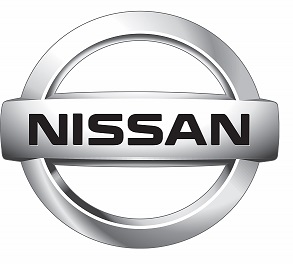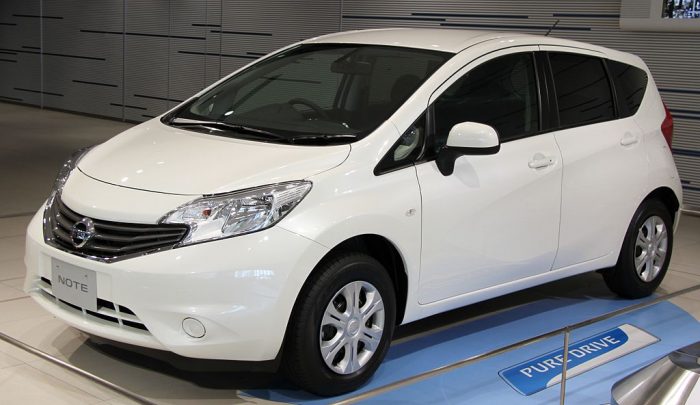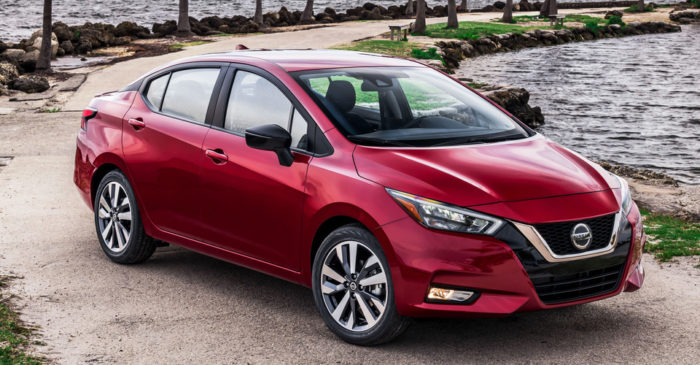Now Reading: Nissan Motor predicts profit decrease, catch up in U.S. truck industry
-
01
Nissan Motor predicts profit decrease, catch up in U.S. truck industry
Nissan Motor predicts profit decrease, catch up in U.S. truck industry

Nissan Motor anticipate an unexpected 7.7 percent drop in operating profit this year on greater raw material expenses and an unfavorable currency effect, as it gets used to modifications in the U.S. market, its most significant, where larger vehicles remain in demand.
Nissan and other Japanese automakers are scrambling to offset slowing demand for their standard essentials, sedans, in the essential U.S. market by increasing supply of higher-margin sports utility vehicles (SUVs) and trucks.
They are wagering that even as general U.S. car need ebbs, drivers will continue to buy the larger models, offered historically low U.S. gas costs.
Nissan, Japan’s second-largest automaker, anticipates a 1.2 percent lift in U.S. car sales this year. While it anticipates sales growth to slow from last year, it sees a positive effect from brand-new variations of its popular Rogue crossover SUV and its Titan pick-up truck which hit the market this year.
“We moved from being typically a 60 percent automobile and 40 percent truck company to 50-50 (in our offerings). We’re on our way to 60 percent trucks and 40 percent cars to adapt to the marketplace,” Chief Perfomance Officer Jose Munoz informed.
While a wider product line will bring Nissan’s sedan/truck ratio approximately in line with bigger competitor Toyota Motor, Japanese automakers still lag U.S. automakers in their light truck offerings, noting General Motors and Ford Motor navigate 75 percent of their U.S. sales through trucks.
Numerous car manufacturers likewise anticipate to deepen discounts on their sedans and SUVs to remain competitive, raising industry concerns about a possible prices war which may sting profitability.
On Wednesday, Toyota anticipated operating revenues for the current year to slide by a 5th due to increased costs to push U.S. sales, in addition to the remaining effect from a stronger yen.
Stay Informed With the Latest & Most Important News
Previous Post
Next Post
-
 01Polestar Boss Says It’s Time To Outrun BMW M And Mercedes-AMG
01Polestar Boss Says It’s Time To Outrun BMW M And Mercedes-AMG -
 02Spy Shots: 2027 Mitsubishi Pajero Spotted in Testing Ahead of Possible U.S. Return
02Spy Shots: 2027 Mitsubishi Pajero Spotted in Testing Ahead of Possible U.S. Return -
 032026 Toyota Hilux EV: A Powerful Truck with Silent Torque
032026 Toyota Hilux EV: A Powerful Truck with Silent Torque -
 04Spy Photos: VW ID. Polo GTI Goes Electric with 223 HP and 280 Miles of Range
04Spy Photos: VW ID. Polo GTI Goes Electric with 223 HP and 280 Miles of Range -
![2027 Mercedes-Benz S-Class Debuts with V8 Engine [Photo Gallery]](https://speedlux.com/wp-content/uploads/2026/01/2027-Mercedes-Benz-S-Class-33-155x125.jpg) 052027 Mercedes-Benz S-Class Debuts with V8 Engine [Photo Gallery]
052027 Mercedes-Benz S-Class Debuts with V8 Engine [Photo Gallery] -
 06The Controversial Ford Voodoo V8 That Was Killed Off Too Early
06The Controversial Ford Voodoo V8 That Was Killed Off Too Early -
 07Hyundai Palisade’s Breakout Year Shows How Quickly the Market Can Turn
07Hyundai Palisade’s Breakout Year Shows How Quickly the Market Can Turn


![2027 Mercedes-Benz S-Class Debuts with V8 Engine [Photo Gallery]](https://speedlux.com/wp-content/uploads/2026/01/2027-Mercedes-Benz-S-Class-33-700x394.jpg)












































